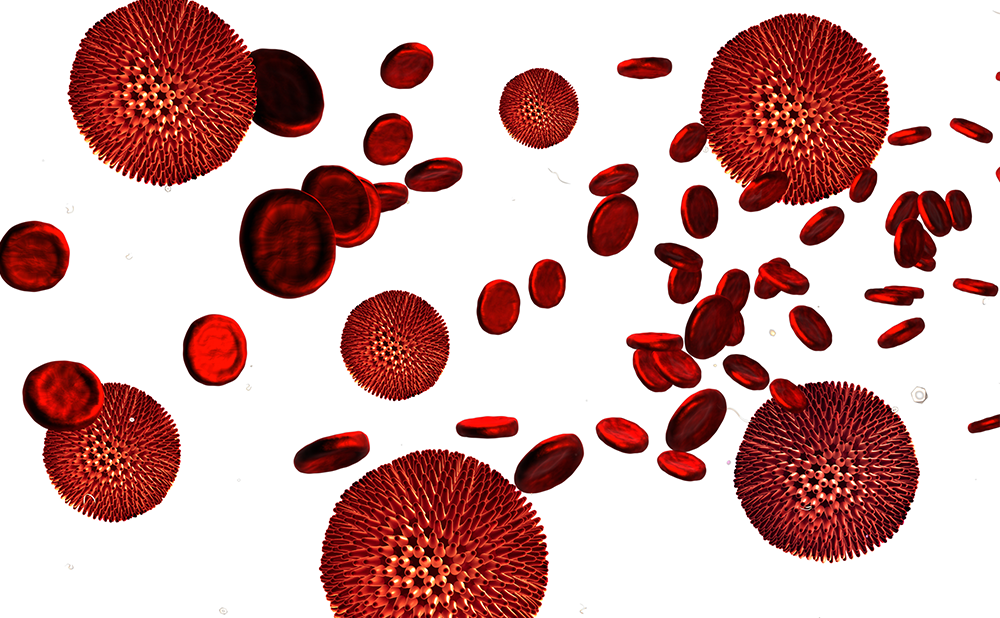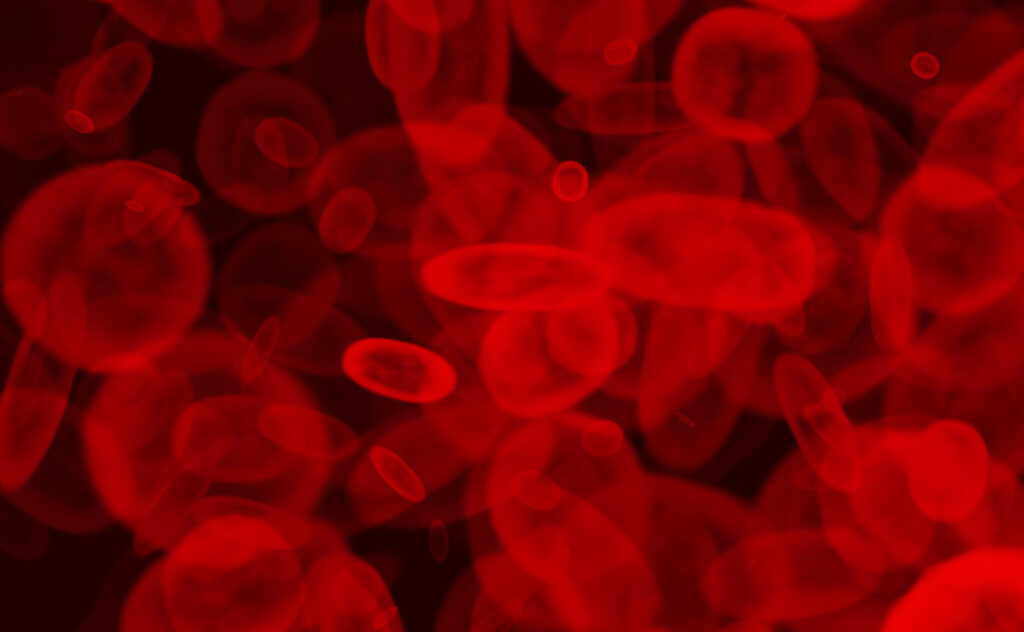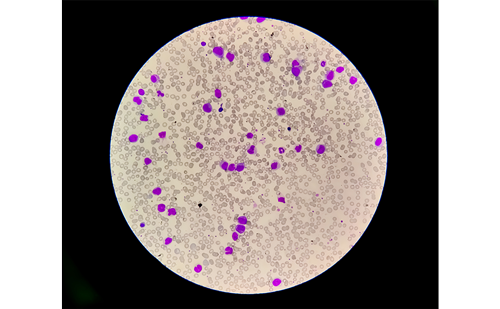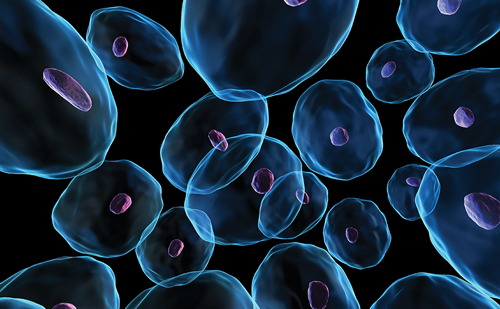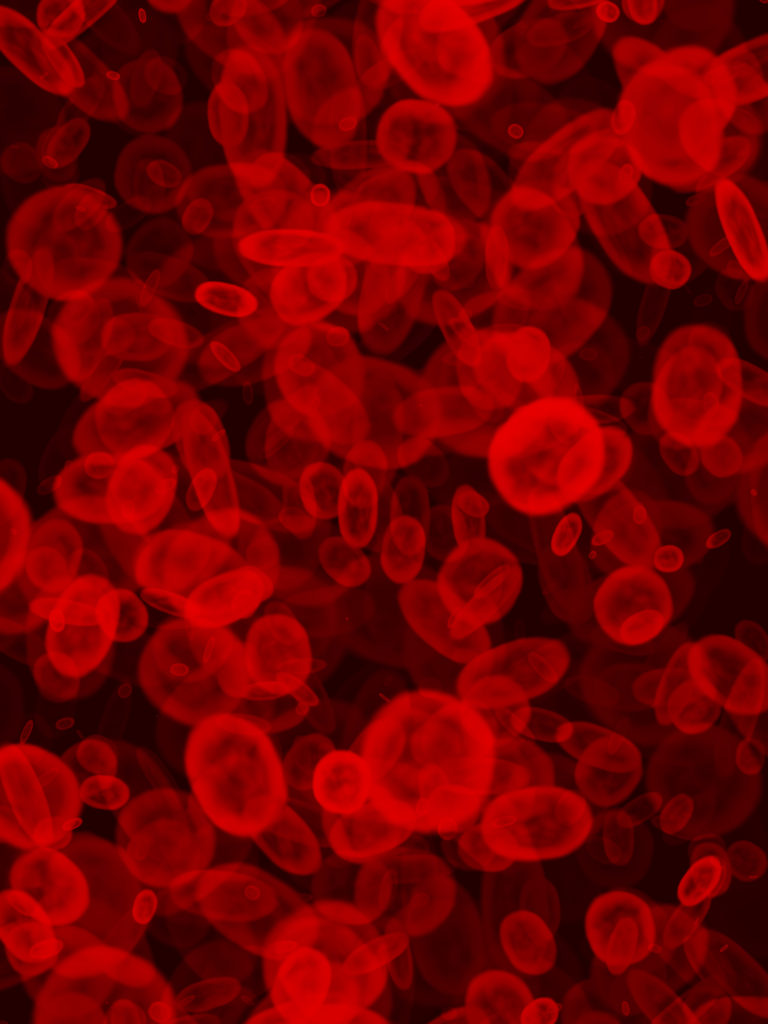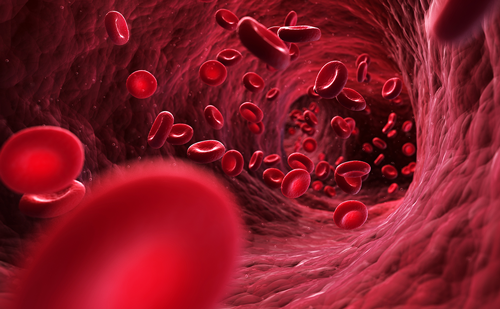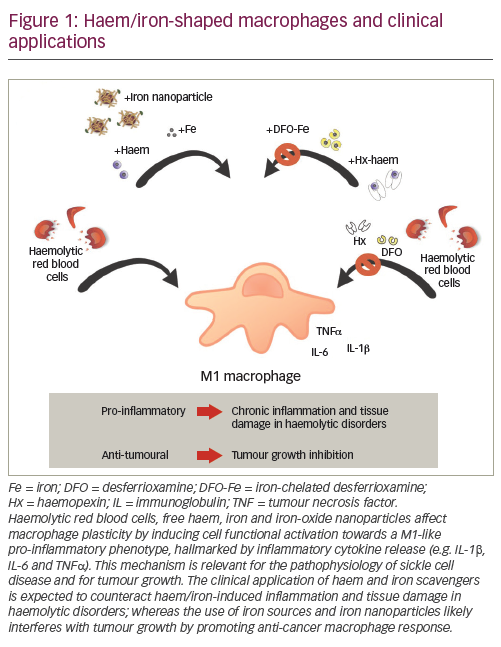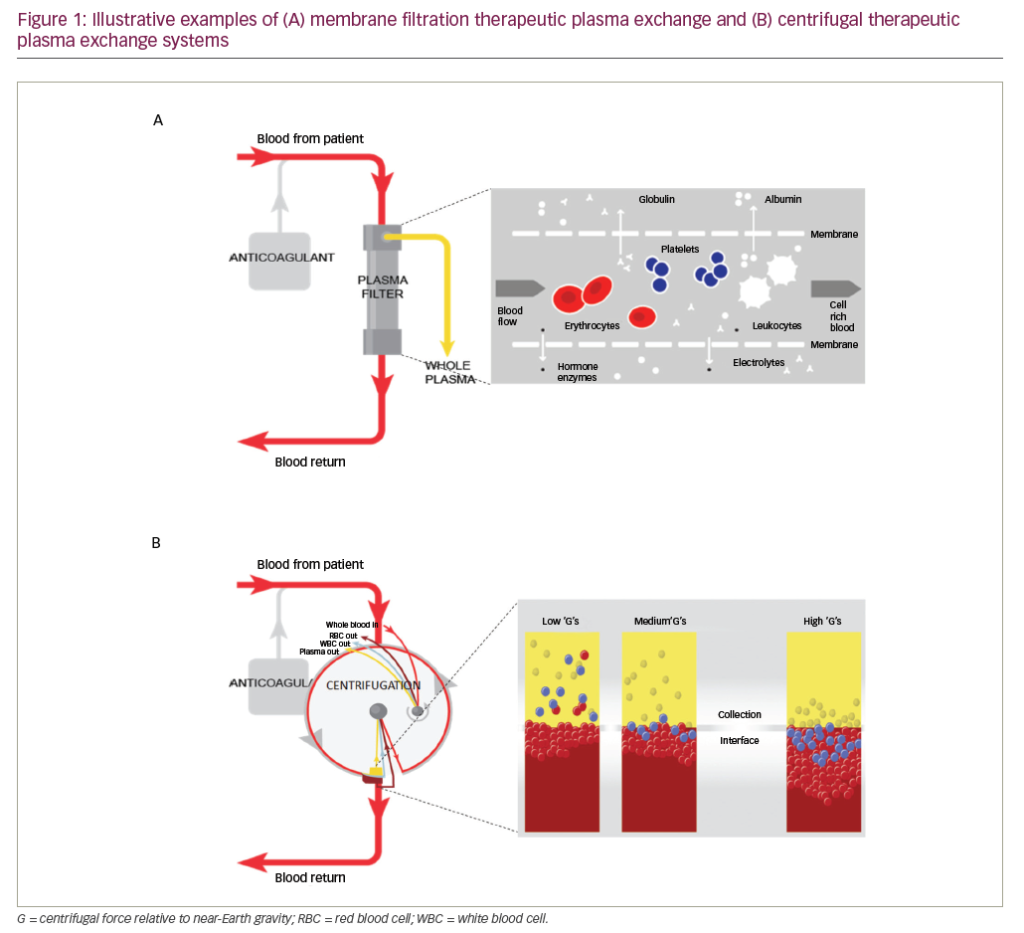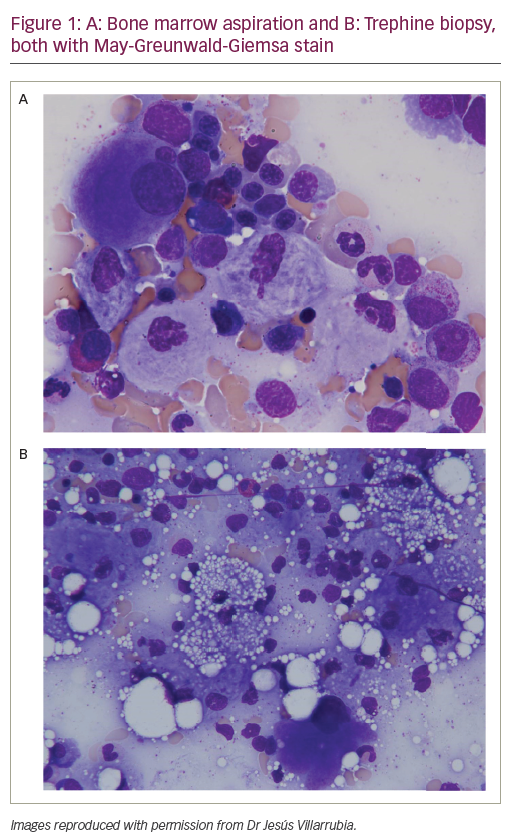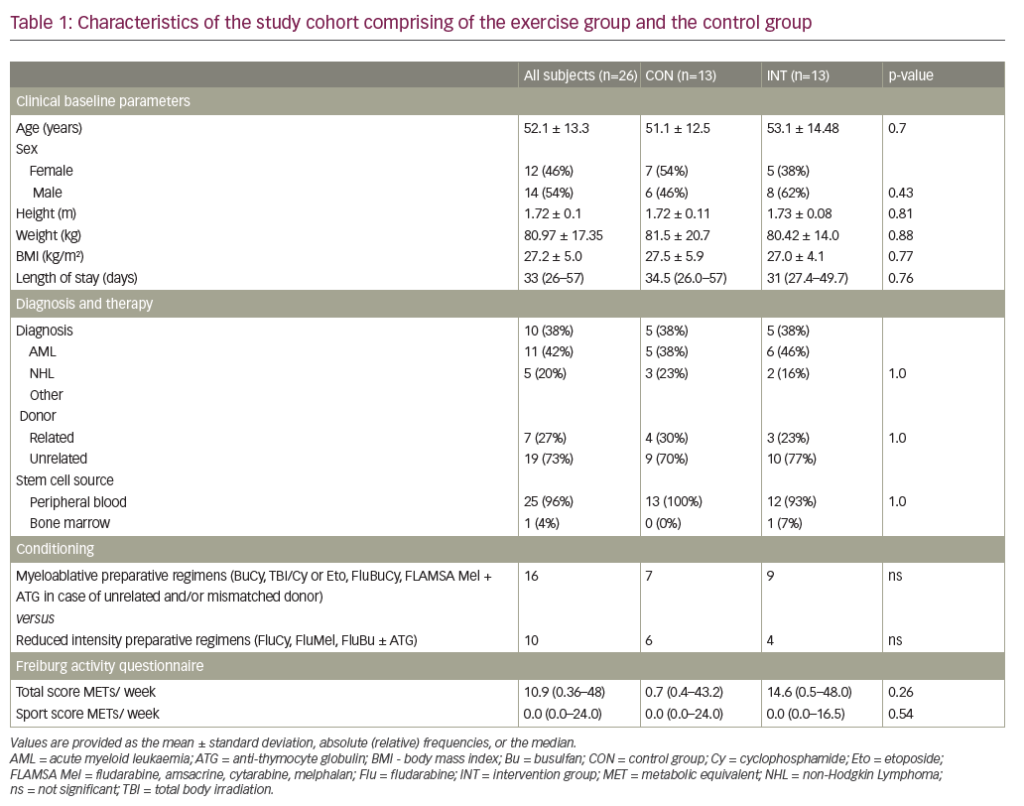Welcome to the latest edition of Oncology & Hematology Review, which contains a wide range of articles reflecting the scope of this field. We begin with an article on the subject of urothelial cancer, whose treatment landscape has been transformed in recent years by the availability of immune checkpoint inhibitors. Williams et al. review the role of immunotherapy in locally advanced and metastatic disease, as well as evaluating data establishing maintenance immunotherapy as a new standard of care for platinum-eligible patients in the front-line setting, and ongoing trials evaluating novel approaches.
Esophageal cancer is the seventh most common malignancy; however, there are few effective treatment options, especially for advanced disease, which has a poor prognosis. Okada et al. review the latest clinical data evaluating the efficacy and safety of nivolumab in this treatment setting.
Radiation-induced esophagitis is a common consequence of radiotherapy in patients with lung cancer. In a review article, Lawrence Berk provides a general overview of the pathogenesis, risk assessment and treatment of patients with radiation-induced esophagitis. Development of effective treatments could allow the use of higher doses of radiation, potentially increasing cure rates.
Increased understanding of molecular alterations has enabled the development of targeted therapies that have greatly expanded treatment options for patients with advanced non-small cell lung cancer (NSCLC). Shah et al. discuss one such alteration, MET exon 14 skipping in mesenchymal epithelial transition (MET) receptor tyrosine kinase, its role in the pathogenesis of NSCLC, and therapies in clinical development.
Therapeutic advances have improved outcomes in multiple myeloma (MM) but the disease remains incurable. Gregory et al. review current research investigating the utility of cellular therapies including chimeric antigen receptor T (CAR T) cells, for patients with relapsed/refractory disease.
Tenosynovial giant cell tumors (TGCT) are relatively benign, rare, but locally destructive lesions that are difficult to treat surgically. Granger et al. review the epidemiology, molecular biology, clinical behavior, and the current treatment paradigm of TGCT.
We conclude with a case report, which highlights a rare site of metastasis—the kidneys—in a patient with testicular choriocarcinoma with inexplicably high beta-human chorionic gonadotropin.
Oncology & Hematology Review would like to take this opportunity to thank our contributors for producing insightful and informative articles. We are also grateful to all organizations and media partners for their ongoing support, and the members of our editorial board for their continued involvement and advice. We hope that you will find this edition of Oncology & Hematology Review an enjoyable and informative read. Finally, we would like to wish you health and happiness in 2021 and hope you stay safe and well during these difficult times.
Shaji K Kumar, MD
Shaji K Kumar, MD, is a consultant in the Division of Hematology, and Professor of Medicine in the College of Medicine at the Mayo Clinic, Rochester, MN, USA. He is currently the chair of the National Comprehensive Cancer Network (NCCN) panel on multiple myeloma and is the co-chair of the National Cancer Institute Multiple Myeloma Steering Committee. He is a member of several professional societies, including the American Society of Hematology, American Society of Clinical Oncology, American Association for Clinical Research, American Society for Blood and Marrow Transplantation, American Medical Association, Association of Physicians of India, and the European Hematology Association. His work has appeared in many peer-reviewed journals such as Lancet Oncology, Journal of Clinical Oncology, Blood Cancer Journal, Leukemia, American Journal of Hematology, Mayo Clinic Proceedings, Blood, and European Journal of Hematology. Dr Kumar’s research efforts are directed toward studying novel treatment approaches in myeloma through well-designed clinical trials. He is principal investigator on multiple phase I, II, and III trials for plasma cell malignancies, which include a combination of Mayo Clinic investigator-initiated trials, industry-sponsored trials, and cooperative group trials. From a translational research standpoint, his laboratory has focused on development of new agents for plasma cell malignancies, with a particular emphasis on the tumor microenvironment. Dr Kumar receives ongoing support for research from the National Institutes of Health and the National Cancer Institute.

